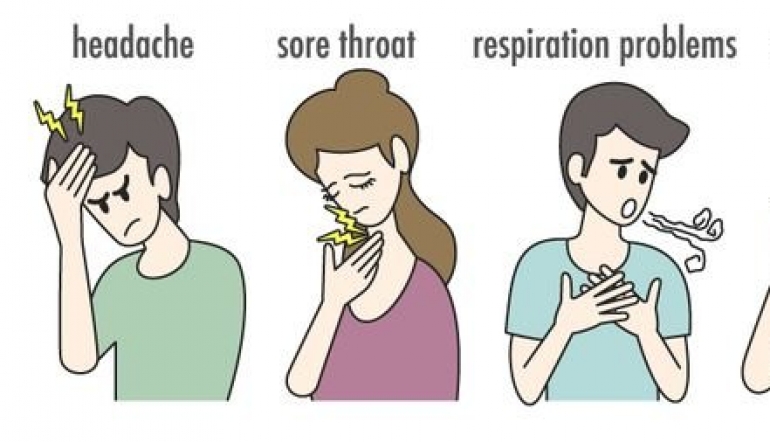The date of the AIVC Workshop "Is ventilation the answer to indoor air quality (IAQ) control in buildings? Do we need performance-based approaches?” is approaching. The event will take place in Brussels, Belgium, on March 14-15, 2017, and aims to identify the pros and cons of performance-based approaches and metrics that can be considered to assess the IAQ performance of ventilation systems, as well as to draft guidelines for their use in standards and regulations.
Topics addressed in presentations and discussions include:
- factors that should influence IAQ assessment
- is CO2 indoor pollutant?
- the potential for, and limits of, CO2 based indices, humidity or moisture, health damage, perceived air quality, air mixing behaviour, and pollutant distribution within a space
- the potential for, and limits of, combined indices
- definition and use of rating methods for smart ventilation, DCVs, natural ventilation, etc. (equivalent ventilation principle)
- barriers to performance-based standards (showing evidence of compliance, accounting for sources, sensors and controls, time-activity patterns)
Confirmed presentations and speakers include:
- Considerations on IAQ metrics from regulatory and compliance point of view – Use of IAQ metrics in practice, Peter Wouters, BBRI, Belgium
- Defining the metrics to assess the IAQ in low-energy residential buildings: results from IEA EBC Annex 68 Subtask 1, Marc Abadie, U. La Rochelle, France
- The promise and problems of performance-based ventilation, William P. Bahnfleth, Pennsylvania State University, USA
- What can (‘t) perceived air quality indices tell you about indoor air quality? Pawel Wargocki, DTU, Denmark
- Indoor carbon dioxide as metric of ventilation and IAQ: Yes or No or Maybe? Andrew Persily, NIST, USA
- IAQ assessment in high performing buildings, Kevin Teichman, Environmental Protection Agency, USA
- Rationale behind current ventilation airflow rates, Wouter Borsboom, TNO, the Netherlands
- Concentration versus m3 air per hour – the battle of assessors, Marcel G.L.C. Loomans, Eindhoven University of Technology, the Netherlands
- Status and perspectives for the development of IAQ metrics in the US, Iain Walker, LBNL, USA
- Suitable ventilation in schools – mechanical or natural? Thomas Hartmann, ITG Dresden, Germany
- Radon measurement for the assessment of IAQ, Tiberiu Catalina, Technical University of Civil Engineering, Romania
- A review of pollutants and sources of concern and performance-based approaches to residential smart ventilation, Gaëlle Guyot, Cerema, France
- Indoor Air Quality and thermal comfort in Irish retrofitted energy efficient homes, Marie Goggins, National University of Ireland, Ireland
- Modelling trade-offs between building energy and health, Catherine Noakes, University of Leeds, UK
- Comparison of different performance-based approaches for the definition of ventilation requirements in dwellings, Samuel Caillou, BBRI, Belgium
- The influence of different ventilation strategies and demand control on the indoor air quality in dwellings, Romy Van Gaever, BBRI, Belgium
- Demand controlled ventilation in residential buildings, Caroline Markusson, SP, Sweden
- Performance-based control of an adaptive hybrid IAQ system. The user as key performance indicator, Bert Belmans, VU Brussel, Belgium
For additional information please visit our website and see the workshop flyer and registration form attached.
We look forward to seeing you in Brussels.
Peter Wouters - Operating Agent - Air Infiltration and Ventilation Centre

